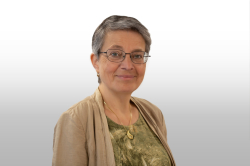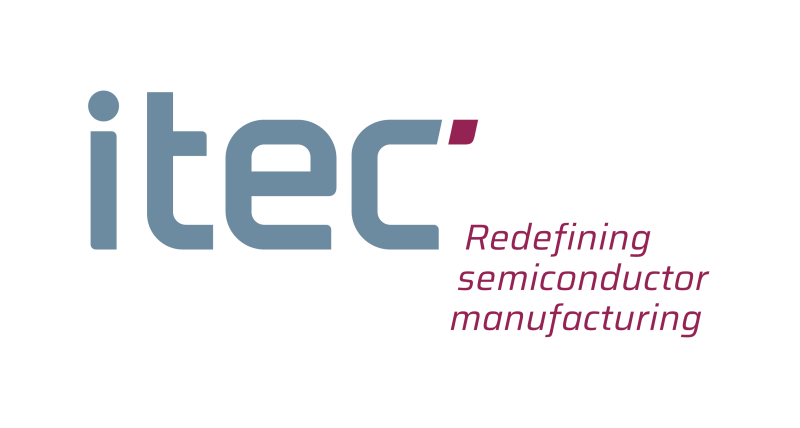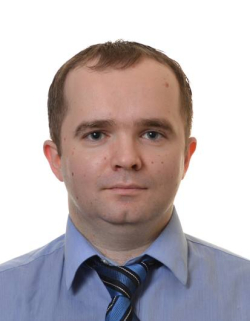| Wednesday, November 16, 2022 | |
Chips Hub Europe: Breaking the Wall to Advanced Innovation in Semiconductor Industry |
|
| 16:00 | Opening Remarks, Marek Kysela, Senior Coordinator Advocacy, SEMI Europe |
| 16:05 | Building Collaborative ECS projects via the Eureka Cluster Xecs |
Nadja Rohrbach, Xecs Director, AENEAS Building Collaborative ECS projects via the Eureka Cluster Xecs
 Abstract Biography |
|
| 16:25 | Smart Test Cells: Improving Efficiency and Convenience |
Felix Patschkowski, Principal Software Engineer, ITEC B.V. Smart Test Cells: Improving Efficiency and Convenience
 Abstract Biography |
|
| 16:50 | Digital Twins, Biraj Harnal |
| 17:10 | Synthetic Data for Robotics: Opportunities and Challenges |
Maksims Ivanovs, researcher, Institute of Electronics and Computer Science Synthetic Data for Robotics: Opportunities and Challenges
 Abstract Biography |
|